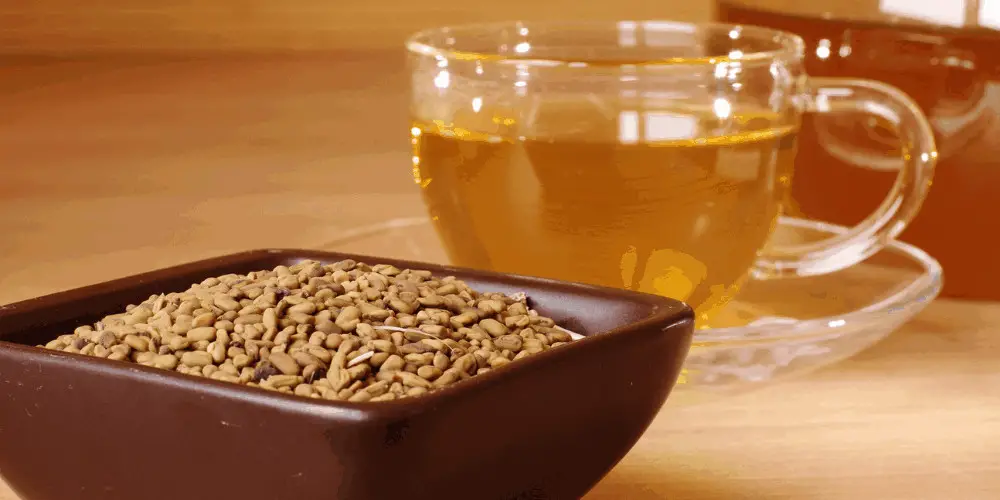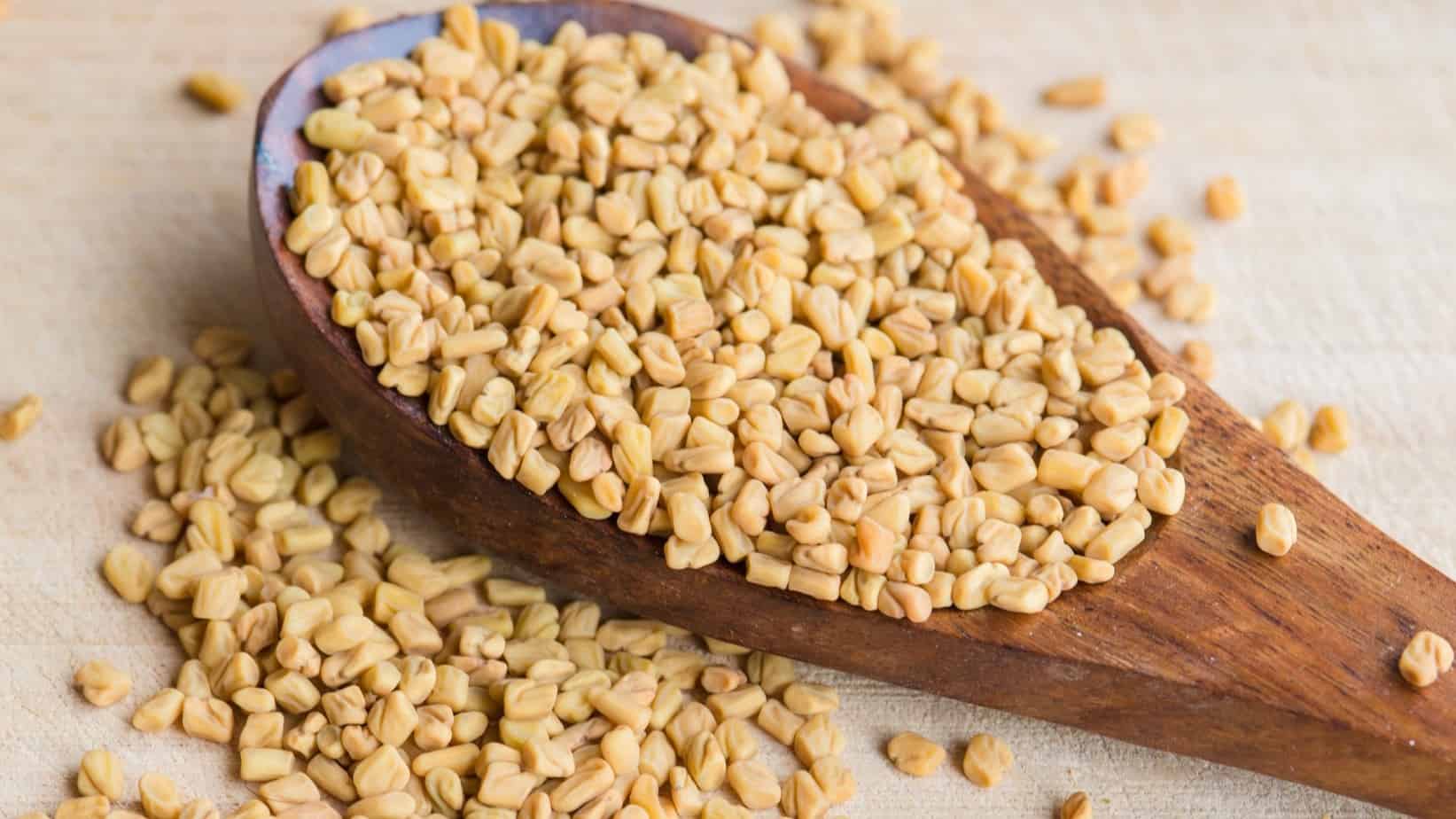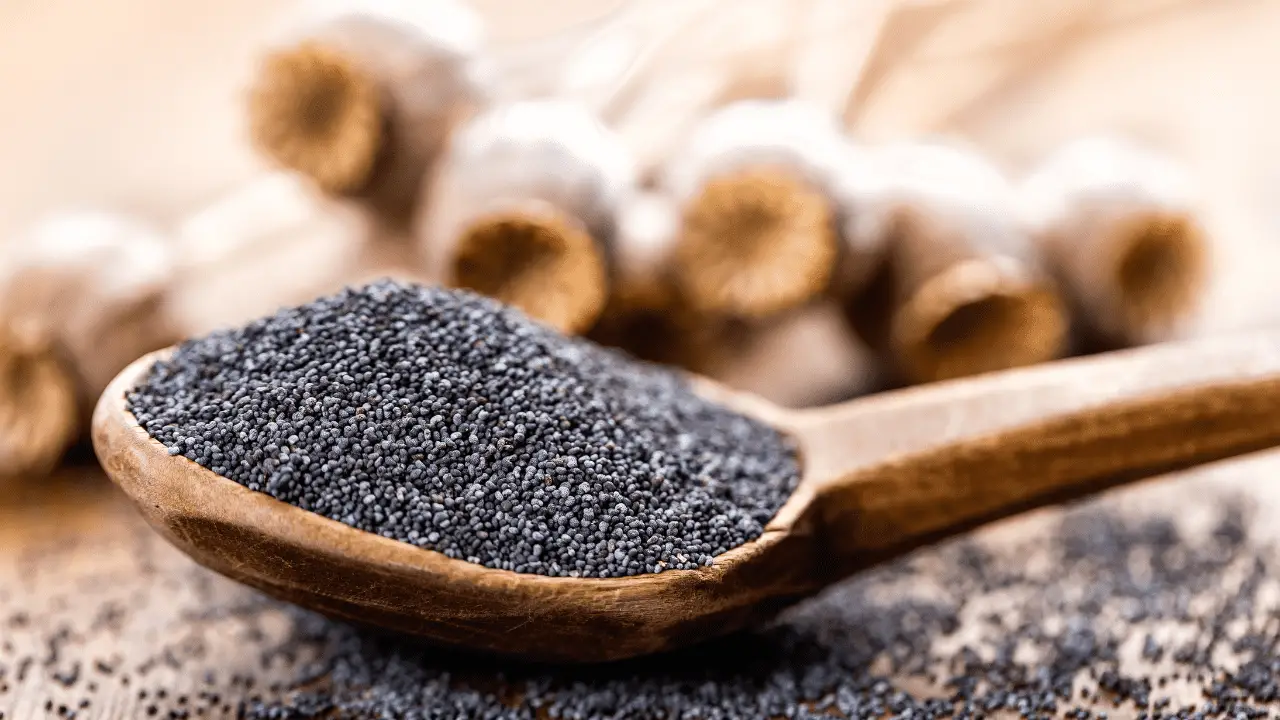Fenugreek is a herb that is widely used in Asian Cuisines and is known for its medicinal properties. It is a good source of fiber, protein, and essential minerals like calcium, zinc, phosphorus, and iron. Fenugreek seeds can be consumed in many different ways. You can soak them, germinate them, or even roast them. Studies have suggested that the way Fenugreek is prepared causes some change in chemical composition.
There are many health benefits of fenugreek seeds especially when soaked in water and prepared as tea. Most notably is the increase in its antioxidant content which protects against several conditions including certain cancers, premature aging, degenerative joint diseases, and dementia.
There are many health benefits of fenugreek seeds especially when soaked in water and prepared as tea. Most notably is the increase in its antioxidant content which protects against several conditions including certain cancers, premature aging, degenerative joint diseases, and dementia.
The 8 Science-Backed Health Benefits of Fenugreek Tea

Great Source of Antioxidants
If you are looking for a natural source of antioxidants Fenugreek may be a great option. Antioxidants help balance out the damage that is caused by the free radicals in our bodies. When left unchecked the inflammation caused by the free radicals can lead to or precipitate several conditions including cancer, premature aging, atherosclerosis, degenerative joint diseases, and dementia. Antioxidants offer protection against these conditions. A cup of fenugreek tea every day might help you live a better quality of life into your golden years.
Good In Managing Both Type 1 and 2 Diabetes
Fenugreek can be a good natural addition to your treatment of type 1 or type 2 diabetes mellitus. Studies have shown that soaked fenugreek seeds help lower blood glucose levels in both types of this disease. Extracts of this plant were shown to inhibit carbohydrate absorption and enhance insulin action in both type 1 and type 2 diabetes. Fenugreek seeds have a rich fiber content. Fiber is an essential part of our diet and is digested slowly, and therefore fiber-rich foods are less likely to cause a sudden rise in blood sugar levels. Trigonelline, a component of fenugreek increases insulin secretion and promotes other enzymes involved in glucose metabolism. Additionally, Fenugreek lowers the unhealthy cholesterol level in the body; a common association with type 2 diabetes mellitus.
Cardio-Protective in Nature
Studies suggest that regular consumption of soaked fenugreek seeds lowers the level of LDL cholesterol and triglycerides in our body, without affecting the level of HDL cholesterol (the cardioprotective or “good” cholesterol). This means that this powerful plant may have heart health benefits as well! A high level of cholesterol in our bodies is one of the major contributing factors to heart disease. The “bad” cholesterol (LDL and triglycerides) are the ones that over time cause thickening, narrowing, and hardening of your blood vessels, which eventually leads to high blood pressure and coronary artery disease.
Promotes Weight Loss
A study showed that with only 14 days of daily fenugreek consumption, participants experienced a reduction in consumption of fat-based food intake, indicating that it may offer support for your weight loss journey. The high fiber content of fenugreek may be responsible for this function. Fiber is digested slowly and therefore keeps the stomach feeling full for a longer period of time.
Can Help With Hair Loss
There are some studies that suggest that Fenugreek use can help reduce hair loss and promote hair growth. When used, for this reason, fenugreek is orally consumed or applied as a hair mask. To use as a mask soak the fenugreek seeds overnight in water and then grind into a paste. Apply for 10-20 minutes and then rinse off. While results are mixed on its topical use for hair growth, there is little to no risk with using fenugreek topically so it may be worth trying and observing your own results.
Can Improve Brain Function
Attributed to the component Trigonelline, fenugreek is thought to be neuroprotective in nature. It has been shown to offer protection from diabetes-induced auditory neuropathy, as well as has anti-migraine action and improvement in memory. It may also protect against age-related neurodegenerative diseases like Parkinson’s and Alzheimer’s disease.
Positive Effects on Testosterone
Studies have shown that regular consumption of fenugreek increased the level of testosterone in male animal test subjects. As a result, improvement in performance in strength training and sexual function was observed. While it’s not recommended to depend on fenugreek to increase your testosterone levels, it can be a good supplement. However, if you have a condition like erectile dysfunction, consider seeing a doctor before supplementing your diet.
Helpful in Breast Milk Production
The health benefits of breastfeeding infants are well known. Unfortunately, many women have issues with milk production post-delivery. Some studies suggest that fenugreek can come to the rescue here. Fenugreek is a galactagogue, which means that it promotes breast milk production. In fact, one study noted that the increase in milk production was about 49% after 2 weeks of consumption and by 4 weeks an increase of 103%. The results are impressive, and you can safely use it in conjunction with other treatments as a supplement to increase breastmilk production. As with everything, do consult your doctor first if you are experiencing low breast-milk production at any stage.
How to Make Fenugreek Tea

- Take 1-2 tablespoon of fenugreek seeds, depending on your preference of taste.
- You can soak the fenugreek seeds in water if you wish to increase its antioxidant content.
- Crush the seeds a little and then put it in a pot filled with water. Crushing the seeds will help bring out its content better.
- Boil the crushed seeds for 10 minutes.
- Once done, strain the boiled water.
You can consume this water as it is, or you can steep your tea in this water. Feel free to add other herbs as well, if you like. Experiment and find out what combinations you like the best. Add honey or stevia for taste if the taste is too bland for you. Fenugreek seed is also available for purchase in powder form. You can use that mixed with hot water as well.
Precautions With Fenugreek
Fenugreek is quite safe to use. In usual circumstances, it has a very low risk of side effects. However, some side-effects can occur.
- You may experience GI upset when consuming high doses of fenugreek.
- It has also shown to have anti-implantation and an abortifacient effect in animal studies. Therefore, avoid a high dose of fenugreek if you are pregnant or trying to conceive.
- Avoid fenugreek if you are allergic to it, or if you are allergic to peanuts and chickpeas.
- People with chronic asthma should also avoid using fenugreek.
Conclusion
Fenugreek consumption offers many health benefits. From providing protection to the brain, heart, and maintaining blood sugar levels to preventing hair loss and increasing breast milk production; there aren’t many reasons why you shouldn’t consume fenugreek in typical circumstances.
Remember, take necessary precautions if you are pregnant, trying to conceive, or if you are allergic to fenugreek.
If you have diabetes, remember that fenugreek may have blood glucose-lowering properties. Maintenance of blood glucose levels is essential in the treatment and management of diabetes. If you are using insulin and/or oral hypoglycemic medication, make sure that your blood glucose level remains in an acceptable range. Hypoglycemia caused due to the action of both drugs and very high doses of fenugreek can be life-threatening. Start with a low dose and see how much change is occurring in your blood glucose level before increasing your intake. Manage your dose accordingly and speak with your healthcare provider about any steps you are taking as an effort to control your blood glucose.








